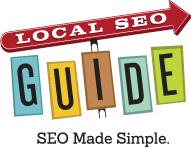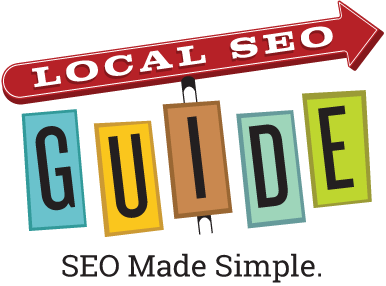We have been doing some research into Google’s Answer Box and discovered that what is served as an answer is dependent on search personalization. In the screenshots below there are two different results for the search “michael strahan net worth”. This first one is when logged into a browser:
And this one is from incognito mode:
How Brands Can Capitalize on Personalized Answer Boxes
Now to me, there is tons of opportunity to improve the performance of your search channel with this knowledge. Let’s use The Home Depot as an example. They are a large brand that has eCommerce store that drives significant revenue for the brand. It also is a heavily trafficked site with millions of monthly visitors. They could easily take an eCommerce category and build an Answer Box strategy around it. Let’s take smokers/grills as an example, as it’s a category I know a little about. The strategy process would look something like this:
- Find Money Category (Smokers/Grills)
- If you are internal at The Home Depot you likely have easy access to this data, if you are an agency just ask your client.
- Lots of people have bought or looked at products in this category, so you have a large, monetized user base.
- This category has lots of ancillary products that purchasers will need over their lifetime. Smokers is a great example of this as people will need charcoal, wood and accessories over the lifetime of owning their smoker.
- Compile List of Related Products/Terms for Money Category
- For smokers it’s things like charcoal, charcoal briquettes, lump charcoal, wood, wood chunks, wood chips, apple wood chunks, smoker accessories, tongs for smoker etc.
- Create content around these ancillary products
- For example you could put together a guide on charcoal. This guide would try to answer questions like “What is the best charcoal for a smoker”.
- You could review multiple brands, provide calls to action/links to the products on your eCommerce site etc.
- Content can get granular, can focus all the way down to the product level e.g. “what is the best charcoal for a weber smokey mountain”
Consider how killer of a strategy this could be. Since answer boxes are personalized you know that you are already more likely to show up to a Google searcher who bought a smoker from http://www.homedepot.com/, now you are offering them trusted information about what products to purchase for their smoker as well as getting preferential placement in Google through the answer box. Obviously, there will likely need to be page level optimization done for your content, but this is killing multiple birds with one stone. You are creating synergistic content around your top products aimed and keeping your brand top of mind for repeat customers. On top of that, these guides are killer link building targets and you can use them to boost the value of not just the content pages itself, but through internal links you can help rank your product pages higher as well.
Anyone out there pursuing Answer Box SEO like this? Would love to hear how you have gone about this.




2 Response Comments
I’ve found that ridiculously specific long-tail Q and A’s can generate some pretty heavy traffic even without an answer box, so this is just icing on the cake. Awesome!
Just curious – have you done much experimenting with site and content structure for this kind of content? It does seem to help trigger the box when the whole page’s content and tags cater to a single question, versus putting together “ultimate guides”, but then you can get into content length issues.
For example, this page is generating an answer box for me, though it has very little unique content on the page:
http://www.repairclinic.com/RepairHelp/How-To-Fix-A-Lawn-Mower/86—/Lawn-mower-overheating
Do you think you would get panda slapped if you filled a site with those, does the high engagement offset the thin content, or would you recommend aggregating similar questions onto a single page, knowing that the whole page will be less specific to any one question?
Hey Joe,
I actually think we are saying the same thing. In my example I’m not talking about an “ultimate guide” really just something that answers a series of specific questions that are all tightly related. For instance, I wouldn’t want to create a page trying to answer “What is the best charcoal for a Big Green Egg” and “What is the best charcoal for a Weber Smokey Mountain”. I think it’s just an onerous task, and not particularly scalable with for a site like The Home Depot.
I like the way you are talking about it for sites that aren’t large brands. Focus on a few money long tail searches that are synergistic with you main digital business and build pages that are solely dedicated to answering those.